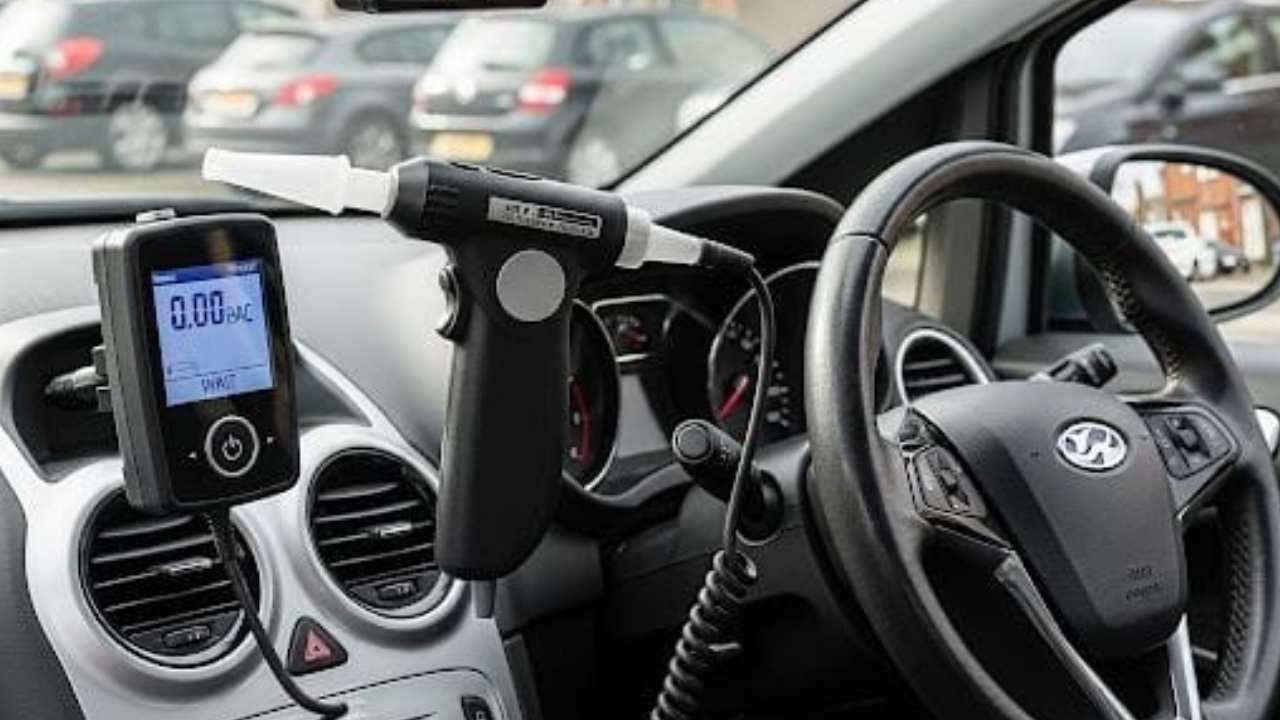Commuters and safety advocates are expressing concerns following the government's decision to lower the minimum age for train drivers in Britain from 20 to 18. The Department for Transport (DfT) announced the change today, citing critical labour shortages as the primary driver behind the move, Daily Dazzling Dawn understand.n
The decision arrives as the rail industry grapples with increasing staffing challenges, evidenced by the fact that nearly 90 percent of last-minute train cancellations are attributed to a lack of available drivers. The current average age of a British train driver is 48, and with a significant portion – approximately 30 percent – expected to reach retirement age by 2029, the industry faces a looming workforce crisis. Many train operators currently depend on drivers working voluntary overtime to maintain service schedules, a situation deemed unsustainable in the long term.
The DfT stated that a consultation on lowering the minimum age, conducted last year, received "overwhelming support from across the industry." Furthermore, the Rail Safety and Standards Board (RSSB) has asserted that their research indicates 18-year-olds are "capable of safely becoming train drivers."
However, the prospect of younger, less experienced individuals operating trains has sparked anxieties among passengers. Concerns range from the level of maturity and decision-making capabilities of 18-year-olds in safety-critical roles to the intensity and responsibility associated with train operation.
"While I understand the need to address staff shortages, I'm not entirely comfortable with the idea of teenagers driving trains," said Sarah Jenkins, a regular commuter on a busy Southern Rail line. "It's a huge responsibility, and experience surely plays a vital role in ensuring passenger safety. I hope the training will be incredibly rigorous."
Another commuter, Michael Davies, who travels daily into London, echoed these concerns. "My main worry is how they will handle emergency situations. Seasoned drivers have years of experience to draw upon. Will an 18-year-old have the same level of preparedness?"
Unions have also voiced cautious reactions. While acknowledging the staffing pressures, they emphasize the paramount importance of comprehensive and extended training programs to ensure the competency and safety of younger drivers. They are calling for assurances that the lowering of the age limit will not compromise safety standards in any way.
The DfT has yet to provide detailed information on the specific training curriculum for these younger recruits. However, they maintain that safety remains their top priority and that all new drivers, regardless of age, will undergo rigorous training and assessment before being allowed to operate trains independently.
The coming months will be crucial in observing how this policy is implemented and whether it effectively addresses the driver shortage without undermining passenger confidence in the safety and reliability of Britain's railways. The industry faces the delicate task of balancing the urgent need for more drivers with the understandable concerns of the travelling public.
_2.jpg)

_2.jpg)





.svg)




